The International Court of Justice (ICJ), also known as the World Court, is the principal judicial organ of the United Nations. Established in 1945 by the UN Charter and seated in The Hague, Netherlands, the ICJ settles legal disputes between states and gives advisory opinions on legal questions referred to it by authorized UN organs and specialized agencies. Unlike other UN committees, the ICJ is not a forum for diplomatic negotiation but a legal body that operates based on international law, treaties, conventions, and prior legal precedent. Its rulings are binding for the states involved, and its work plays a vital role in the peaceful resolution of international conflicts and the development of international law. In a Model UN simulation, the ICJ committee challenges delegates to step into the role of judges, advocates, or legal advisors. Participants must apply legal reasoning, build compelling arguments, and interpret international law in resolving high-stakes cases that often involve territorial disputes, human rights violations, state responsibility, or breaches of international treaties. The ICJ encourages critical thinking, precision in legal language, and a strong understanding of precedent. Delegates are expected to research thoroughly, collaborate constructively, and deliver judgments that reflect the principles of justice, neutrality, and the rule of law.
Dear Delegates, Thank you for your interest in the TimișoaraMUN conference! We would like to inform you that the debate topics for the committee have not yet been finalized, the selection process is ongoing within the General Secretariat.